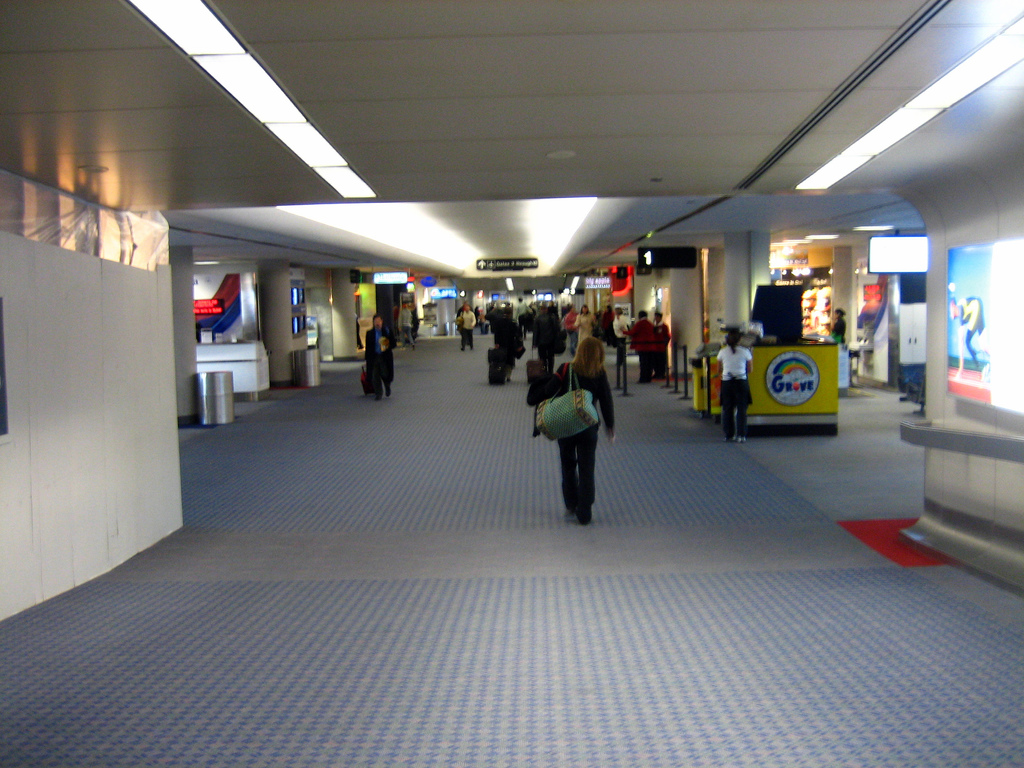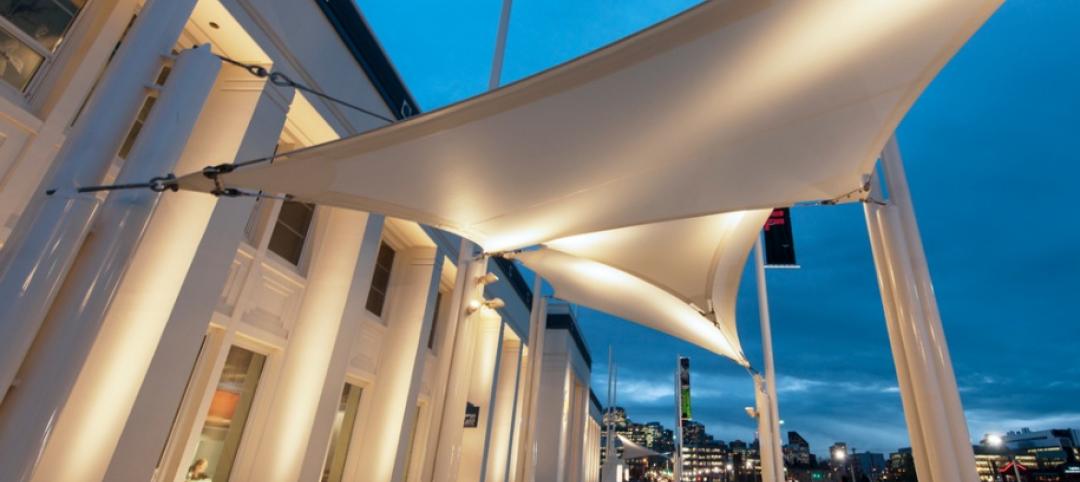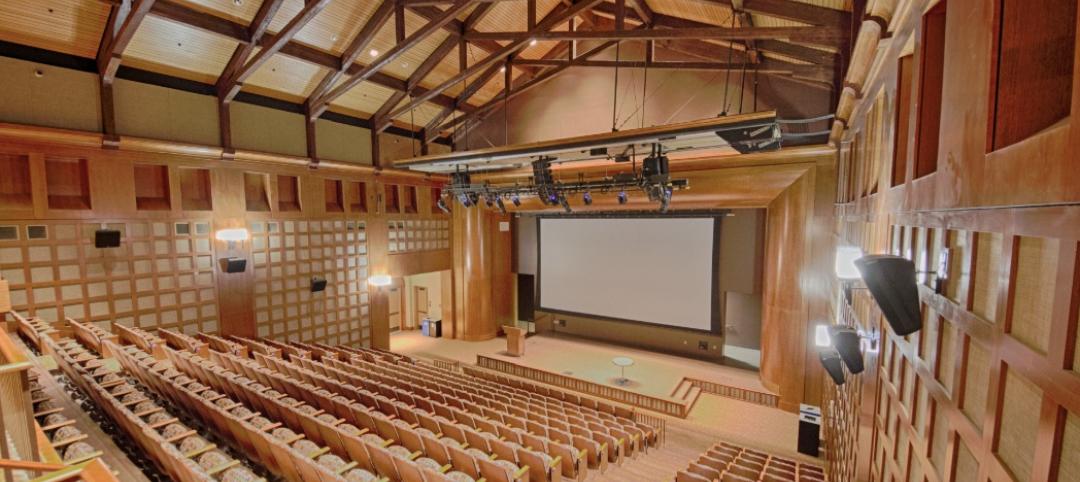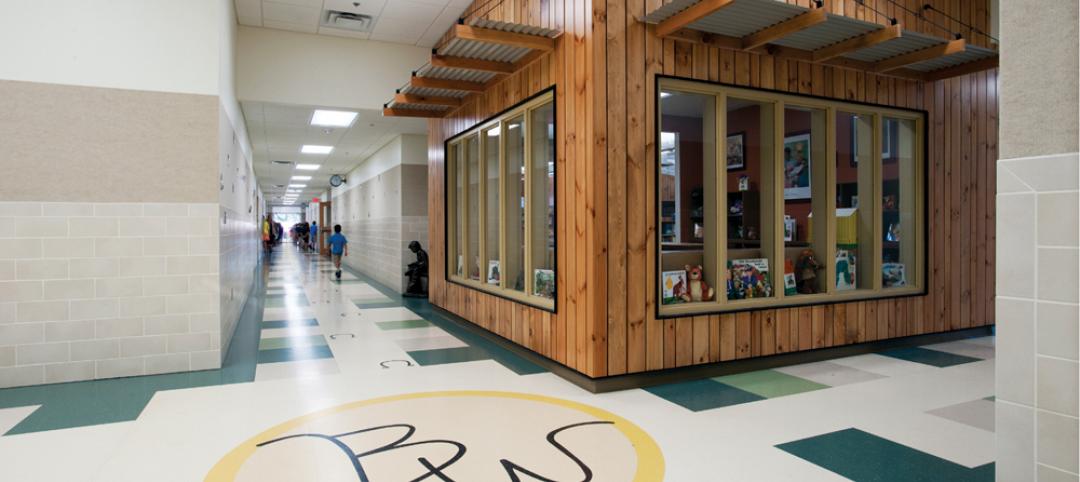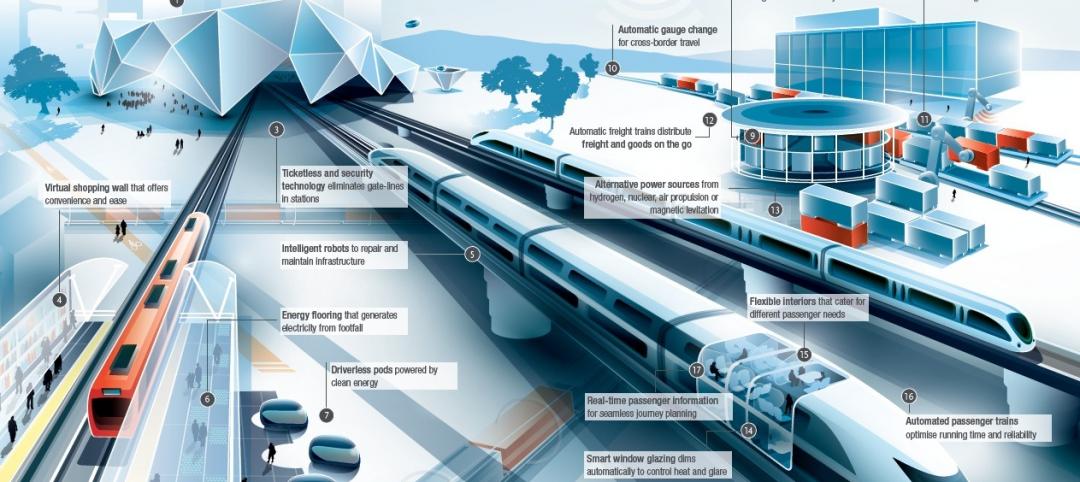New York Gov. Andrew Cuomo said on Oct. 20 that the state would open design competitions to fix and upgrade New York City’s aging airports.
However, Cuomo said little about where the money would come from to pay for those multibillion-dollar renovations, improvements, and construction. Capital expenditures would normally fall to the state’s Port Authority and the Metropolitan Transportation Authority.
This lack of specifics didn’t stop the governor from making design and operational suggestions himself, such as linking LaGuardia Airport to Manhattan via ferries and the Long Island Railroad, or adding a hotel to Kennedy Airport.
The New York Times reported that Republic Airport on Long Island and Stewart Airport in Hudson Valley would also be involved in this master plan. Tax-free zones would be established around those two airports to encourage business investment, according to the New York Observer.
One question that remains unanswered is how this design competition intersects with—or might potentially impede—the Port Authority of New York and New Jersey’s selecting a winning bid from three consortiums for the $3.6 billion construction of a new main terminal at LaGuardia. The Port Authority operates LaGuardia and Kennedy.
Cuomo didn’t think the design competition would counteract any construction contract, although he did state that the Port Authority had been moving too slowly on its plans to improve the airports.
The design competition would commence in late November, and three finalists for each airport would be chosen two months later, and awarded up to $500,000 for further development.
Vice President Joe Biden, who was with Cuomo for the announcement of the design competition, and who famously compared LaGuardia to airports in third-world countries, was noncommittal about the federal government’s financial involvement in these projects.
The area’s third big airport, Newark-Liberty in New Jersey, is not part of the design competition, but already has $8 billion earmarked for upgrades. Kennedy, LaGuardia, and Newark handled roughly one-third of the nation’s airline flights in 2013, according to the Newark Star-Ledger.
Related Stories
| Jul 18, 2014
Engineering firms look to bolster growth through new services, technology [2014 Giants 300 Report]
Following solid revenue growth in 2013, the majority of U.S.-based engineering and engineering/architecture firms expect more of the same this year, according to BD+C’s 2014 Giants 300 report.
| Jul 18, 2014
Top Engineering/Architecture Firms [2014 Giants 300 Report]
Jacobs, AECOM, Parsons Brinckerhoff top Building Design+Construction's 2014 ranking of the largest engineering/architecture firms in the United States.
| Jul 18, 2014
Top Engineering Firms [2014 Giants 300 Report]
Fluor, Arup, Day & Zimmermann top Building Design+Construction's 2014 ranking of the largest engineering firms in the United States.
| Jul 18, 2014
Top Architecture Firms [2014 Giants 300 Report]
Gensler, Perkins+Will, NBBJ top Building Design+Construction's 2014 ranking of the largest architecture firms in the United States.
| Jul 18, 2014
2014 Giants 300 Report
Building Design+Construction magazine's annual ranking the nation's largest architecture, engineering, and construction firms in the U.S.
| Jul 7, 2014
7 emerging design trends in brick buildings
From wild architectural shapes to unique color blends and pattern arrangements, these projects demonstrate the design possibilities of brick.
| Jul 2, 2014
Emerging trends in commercial flooring
Rectangular tiles, digital graphic applications, the resurgence of terrazzo, and product transparency headline today’s commercial flooring trends.
| Jun 30, 2014
Arup's vision of the future of rail: driverless trains, maintenance drones, and automatic freight delivery
In its Future of Rail 2050 report, Arup reveals a vision of the future of rail travel in light of trends such as urban population growth, climate change, and emerging technologies.
| Jun 18, 2014
Arup uses 3D printing to fabricate one-of-a-kind structural steel components
The firm's research shows that 3D printing has the potential to reduce costs, cut waste, and slash the carbon footprint of the construction sector.
| Jun 12, 2014
Austrian university develops 'inflatable' concrete dome method
Constructing a concrete dome is a costly process, but this may change soon. A team from the Vienna University of Technology has developed a method that allows concrete domes to form with the use of air and steel cables instead of expensive, timber supporting structures.


